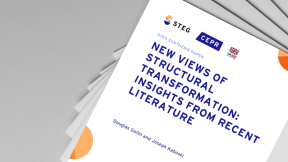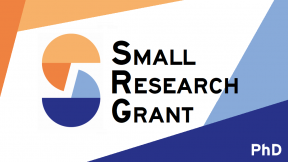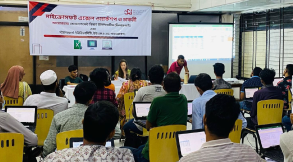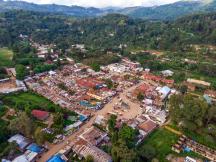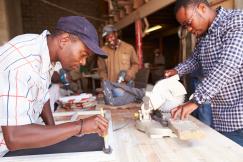This project investigates the appropriate industrial policies for different stages of development, specifically focusing on two ways to improve technologies: adopting existing technologies from foreign firms and innovating new technologies. By digitising and analysing historical technology transfer and patent data from South Korea, we find that productivity gains and their spillover from adoption are larger at the early stages of development but diminish as the country develops. Therefore, the optimal policy needs to start by subsidising adoption and shift to innovation. Evaluating South Korea's actual policy, which transitioned from adoption to innovation subsidies, we find it significantly increased welfare. Furthermore, our results suggest that it was optimal to switch from adoption to innovation subsidy when South Korea’s GDP reached approximately half that of the frontier country’s GDP.
STEG Project Policy Brief
• Research Theme 0: Data, Measurement, and Conceptual Framing,
Research Theme 1: Firms, Frictions and Spillovers, and Industrial Policy,
Research Theme 4: Trade and Spatial Frictions
From Imitator to Innovator: How Do Firms Grow in Developing Countries?


Related content










